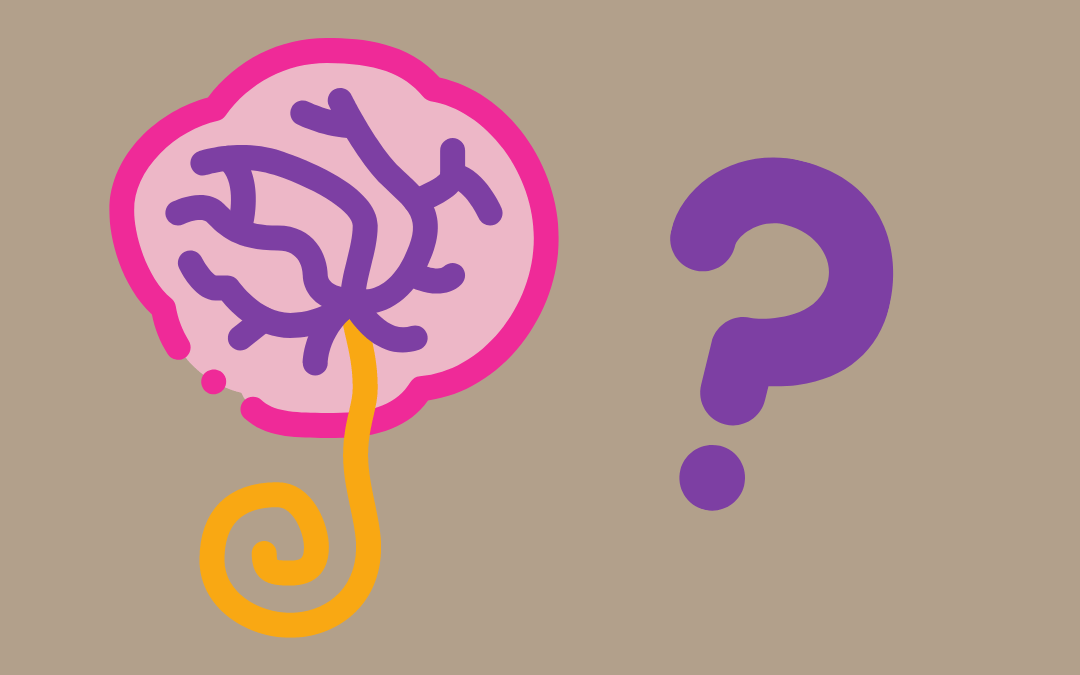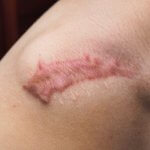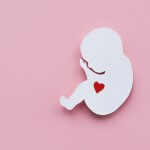If you are expecting you are probably already being bombarded with information about the placenta or perhaps you are simply doing some research in your own time. Either way, this blog aims to break down at least some of the information you are looking for.
Read on for more information.
What is a placenta? What does it do?
The placenta is a temporary organ that develops during pregnancy. It develops shortly after implantation (after the embryo implants into the uterus) and grows with your baby. It can attach to the back, side or front of the uterus.
The placenta is formed over the first few months of pregnancy and should be fully formed by week 20. However, it will grow throughout your pregnancy, and it takes over hormone production at 12 weeks. According to Healthline, it resembles a 20cm diameter disk that is 3cm thick and spongey.
The placenta is also attached to the other end of your baby’s umbilical cord.
So, what does it do? The short answer is multiple things but here is a condensed list…
- Take nutrients to the baby via the umbilical cord
- Take waste away from the baby via the umbilical cord
- Provides baby with oxygen
- Produces hormones to help the baby grow
- Helps protect your baby
As blood flows through the uterus, molecules pass through the placenta and then through the cord to the baby. In reverse things like CO2 and other waste go through the cord to the placenta, into mum’s bloodstream to be taken away.
Pretty cool when all is said and done that this thing essentially works like the kidneys, liver and lungs for your baby.
How do I keep the placenta healthy?
There are a lot of things that can impact the health of your placenta such as the age of the parent, if you smoke or drink, and your blood pressure amongst other things. There are some things you can do to keep your things healthy though.
Diet: The words we hear all the time but eating healthily during your pregnancy will help keep the placenta healthy. Eggs, nuts, veggies and fruits will all do you and the placenta good.
Exercise: Gentle exercise is always good so keep it up during your pregnancy.
Avoid chemicals: Sounds obvious but avoiding exposure to potential chemicals during pregnancy will keep you, the placenta and your baby safe.
Don’t drink or smoke (obvious but worth mentioning)
If you ever get concerned about anything, check in with your midwife and healthcare professionals for advice.
Can I keep my placenta?
The easy answer is yes. You may have to ask before the day to check the process but usually, you can keep it. If you choose to not keep it, then it is discarded as medical waste. You will of course need to adhere to certain health and safety rules to keep your placenta.
For consumption – you may want to keep the placenta to eat or for encapsulation. Make sure you adhere to how the hospital wishes you to pack the placenta (usually on ice in a container) and do not store it in the same freezer/fridge you keep your regular food in.
For burial – again adhere to the rules of packing that your hospital will tell you. After that, you will need to check the rules of your local area on how you should bury the placenta. There will be guidelines available for you and health and safety rules you will need to pay close attention to. Always double-check before you begin the process.
There may be other things you do with your placenta but it is always best to check before diving headfirst into the process.
Sometimes, the hopsital may need to keep it for further investigation or testing. They would inform you if this was the case though.
Here at Cells4Life, we offer placenta banking. You can store your placenta with us to keep hold of the placental cells. These cells could then potentially be used for future therapies and treatments, should they be suitable. If you are curious about banking your placenta or cord blood banking, check out the FREE parent guide below.
Request a Welcome Pack
Find out more about cord blood banking by downloading a Welcome Pack now.









